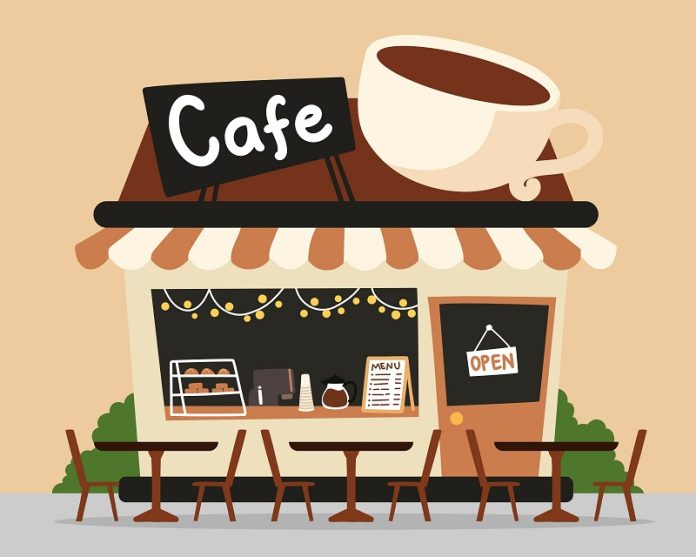
Caffeine is everywhere—in coffee, tea, cola, energy drinks, and even chocolate.
Many people rely on it for a quick energy boost. In small amounts, caffeine can help us feel more awake and focused.
But too much can be harmful.
Dr. Anke Ehlers, a biologist, explains that moderate caffeine use is generally safe. However, high doses can cause side effects like sweating, anxiety, and irregular heartbeat.
In pregnant women, too much caffeine might affect the baby’s development. In extreme cases, taking too much caffeine from supplements can even lead to death.
For most adults, a single dose of up to 200 milligrams of caffeine is considered safe. That’s about:
- 2 cups of coffee
- 2 cans of energy drink
- 4 cups of tea
- 5 cans of cola
Over a full day, adults can safely consume up to 400 milligrams of caffeine. But everyone’s sensitivity is different. People who drink a lot of coffee regularly may need more to feel the same effect—but this can also increase their risk of side effects.
Extra caution is needed with caffeine supplements, which are sometimes used in sports. It’s important to follow the instructions, as it’s easy to take too much.
Dr. Ehlers warns that pure caffeine powder is especially dangerous. It’s so concentrated that normal kitchen scales can’t measure it accurately. Just a small amount—about a pinch (0.2 grams or 200 mg)—is the safe limit. A teaspoon or two could be deadly.
For children and teens, safe caffeine limits depend on their body weight. They should not have more than 3 milligrams of caffeine per kilogram of body weight each day.
For example, a four-year-old weighing about 17 kilograms should have no more than 50 milligrams of caffeine a day. That’s roughly:
- 2.5 bars of milk chocolate
- Half a liter of cola
This is the maximum safe limit—not a recommended amount—especially because of the high sugar content in these foods.
Energy drinks contain about 80 milligrams of caffeine per 250 ml can—similar to coffee. Just three cans could put a teenager over the safe limit.
Mixing energy drinks with alcohol is also risky. Both can affect the heart and blood pressure. When combined, these effects can be even stronger and more dangerous.
So while caffeine can give you a helpful boost, it’s best to enjoy it in moderation!
If you care about nutrition, please read studies about the harm of vitamin D deficiency, and Mediterranean diet may preserve brain volume in older adults.
For more health information, please see recent studies about foods to naturally lower high blood pressure, and a simple breakfast switch can help control type 2 diabetes.
Source: KSR.



